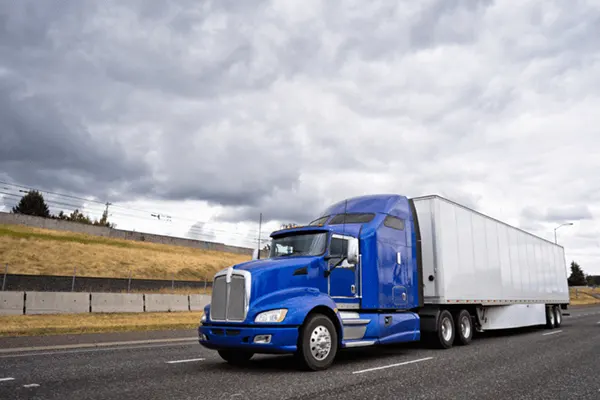
5 Reasons to consider Truck Driving as a Career
Looking for a new career? Not sure if you should pursue a four-year degree, join the military, or just jump into an entry level job somewhere in the workforce? Maybe you already have a degree and can’t find work in your field? Whatever your situation is, one thing is certain… There is no shortage of work in driving a truck. The shortage of drivers has created a demand that is only increasing. If you are curious about the idea of getting your CDL, here are five commonly shared reasons others made the decision to become a truck driver.
- Pay
There are lots of factors in deciding what you want to do for a career, but quite frequently, money is at the top of that list. For a CDL holder, the demand is high, and this puts you in the driver’s seat – literally. Trucking companies across the US are competing for drivers. Just do a web search and you’ll see numerous carriers offering high salaries, sign on bonuses, etc. in an effort to recruit you. At SAGE, we can help you choose the right job for your needs. With over 30 years of relationship building and our impeccable reputation, we have earned the trust of small and large companies across the US. Job placement is part of the package you get with SAGE, if you so desire.
- Benefits
Most companies offer competitive benefits, such as paid vacation time, health insurance, 401K plan, etc. At SAGE, we are committed to helping you find the company that provides the ideal benefits for you and your family.
- Adventure
Ever wonder what it would be like to see the country, and get paid to do it? Driving a truck, over the road, is a great way to do so. If you have an explorer side, and enjoy meeting new people, driving a truck might be for you.
- Freedom and Flexibility
The feeling of driving on an open, and being your own boss in many ways is very appealing. You have the ability to listen to your favorite music on full volume and take breaks at your own pace. If you enjoy independence and variety in your schedule, truck driving could be for you.
- Training
Getting your CDL can take significantly less time than a college degree. It also costs significantly less. The average 4 year college debt in the US is $38,000. Getting your CDL takes less than 2 months and will leave you with little or no debt, as may carriers provide tuition reimbursement. There are also a variety of grants available, depending on situation and location. We suggest contacting the school nearest you and working directly with them to see what your options are.
What are the qualifications or requirements to start training for a CDL?
- Age Requirements: Most training programs require applicants to be at least 18 years old for intrastate driving (within the same state) and 21 years old for interstate driving (between states).
- Education Level: There is generally no requirement for a high school diploma or GED for CDL training, but some employers might require it for employment after obtaining a CDL.
- Physical Health Requirements: Applicants must pass a Department of Transportation (DOT) physical exam to ensure they are medically qualified to operate a commercial vehicle.
- Clean Driving Record: A clean or nearly clean driving record is often required. Serious violations can disqualify a candidate.
- Drug and Alcohol Tests: Candidates must pass drug and alcohol screenings.
How does the job placement process work with SAGE?
While the specifics can vary, job placement services like those offered by SAGE typically involve several steps:
- Assessment of Skills and Preferences: SAGE likely assesses graduates’ skills, preferences, and career goals to match them with suitable trucking companies.
- Industry Connections: Leveraging relationships with various trucking companies, SAGE can recommend drivers to employers looking for candidates with specific qualifications or endorsements on their CDL.
- Support Services: They may offer resume writing assistance, interview preparation, and other career services to help graduates secure employment.
- Follow-Up: Some programs provide ongoing support and follow-up services to ensure new drivers transition successfully into their new roles.
Disclaimer: The information in this article is based on the data available as of its writing and is meant to inform and guide prospective CDL trainees. For the most current information and specifics about CDL training programs, please contact SAGE Truck Driving Schools directly.
Please fill out the information below and our team will reach out to chat about your options.


